Merkel is leaving; "It's good news"
German Chancellor Angela Merkel will soon say goodbye to the European Union stage.
Tuesday, 07.09.2021.
15:34
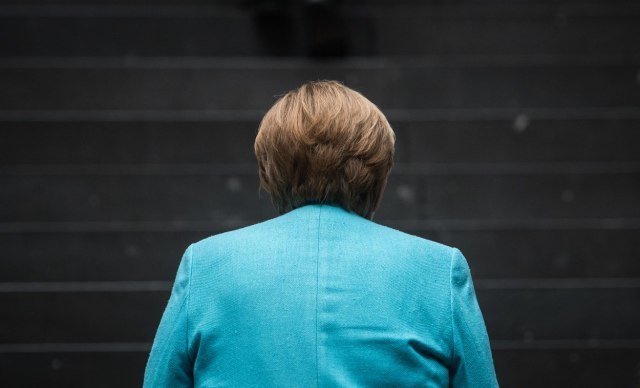
Merkel is leaving; "It's good news"
Deutsche Welle (DW) editor Kristina Burak thinks it's a good thing.Namely, she believes that a new political attitude is needed in order to overcome numerous challenges.
After the parliamentary elections on September 26, when Angela Merkel will definitely step down from the position of German Chancellor after 16 years, the European Union will say goodbye to the longest-serving prime minister.
"Merkel has long been an important player on the EU stage. She has experienced deep crises and overcome them. She has helped keep the European Union together in difficult times. Ultimately, the German chancellor has always acted in the EU's interest - but often only after which, as much as she could, she avoided making a decision. It is no coincidence that the term "merkeln" (merkeliti) was chosen as the word of the year among young people in 2015", Burak believes.
True, Merkel has always been a reliable advocate of EU values, but still too often she hesitated and gave in only when there was no other option. Many of these decisions were controversial. But also brave, says DW. During the financial crisis in the Eurozone and Greece, Merkel also opposed her CDU fixed on the dogma of budgetary discipline, as well as the mood among the German population, all in order to save Greece. Prior to that, she resolutely claimed that such a step was out of the question. And only when the EU was facing a financial collapse, it decided on those measures.
Austerity measures against Greece and aid packages to other affected Mediterranean countries were seen there as proof that Merkel was imposing a "German path", without any solidarity within the EU. I remember a conversation in my own, Spanish family, which complained terribly about the fact that Germans still profit from low costs during their summer vacation in Spain, while at the same time Spaniards have to fight with savings and high unemployment, writes the editor of DW.
And then, when one million Syrian asylum seekers sought protection in Europe in 2015, Merkel made a politically courageous and morally correct decision - not to close the German borders. But even here, in fact, she only reacted.
She made the decision only when it was clear that attempts to reach an agreement on the distribution of contingents throughout the European Union would fail, and when overburdened EU members, such as Hungary, let tens of thousands of asylum seekers go to Germany. In the end, her "yes" came to the coronavirus-bonds, i.e. the distribution of debts at the EU level - only after a few rejections. It is incomprehensible, above all, that she initially insisted on her "no", despite the unprecedented recession caused by the pandemic.
What does the EU need?
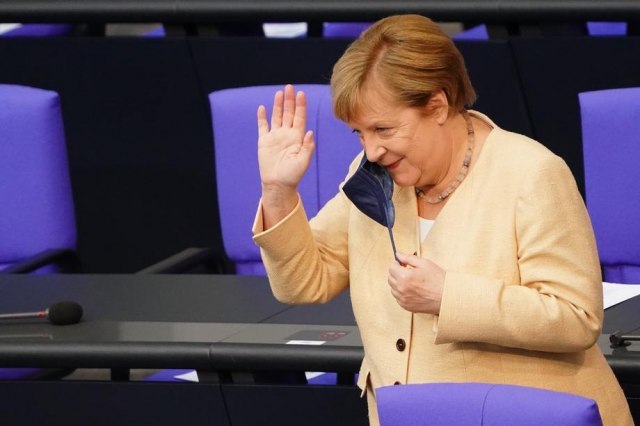
In order to overcome the challenges of the EU, Angela Merkel's successor must take a proactive, visionary, leading role. Although some Germans do not feel good for historical reasons when they put themselves in the position of "engine of European politics", it must be said that there is a difference between "governing" and "leading". It is no coincidence that many Europeans see Berlin today as their "go to" capital.
The European Union needs someone who is not only capable of playing in a team, but also has high capacity of being the leader of that team. He or she must be able to actively face challenges, not react recklessly to them. Because there are enough challenges, according to the editor of DW.
Given the climate crisis, political leadership must act boldly on a global scale.
Russia's uncompromising stance requires a type of politician who can anticipate potential conflicts and prepare for them, and not someone who leaves his neighbors in the lurch because of internal interests in energy and geopolitical dreams.
China's demands for global influence and tense transatlantic relations require the EU to be stronger and more independent, inter alia by adhering to defense spending targets. In addition, cracks within the EU require innovative and creative thinking, and that means abandoning Angela Merkel's principle of "consensus at all costs". Angela Merkel's successor must also "sell" the EU's successes more passionately, in order to regain the trust and enthusiasm of EU citizens, especially the younger generation.
Germans, among others, also fall into those suspicious EU citizens, after. A survey by the European Council on Foreign Relations in April showed that more than 45% of Germans are ambivalent about membership in the European Union or even think it is bad. Whoever succeeds Angela Merkel should start actively shaping the future of the EU in her own country.



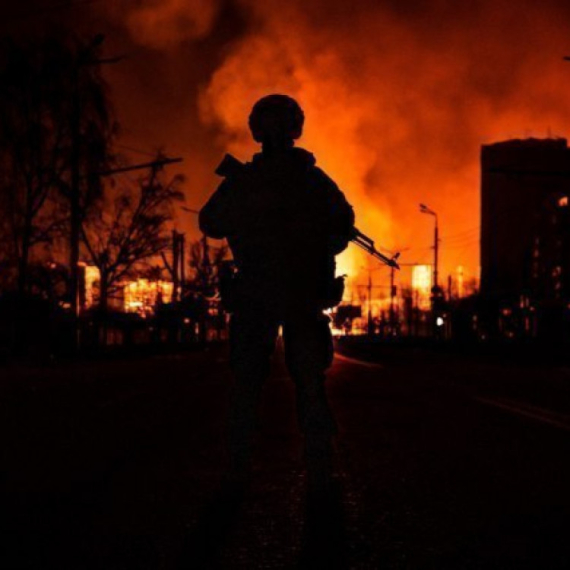
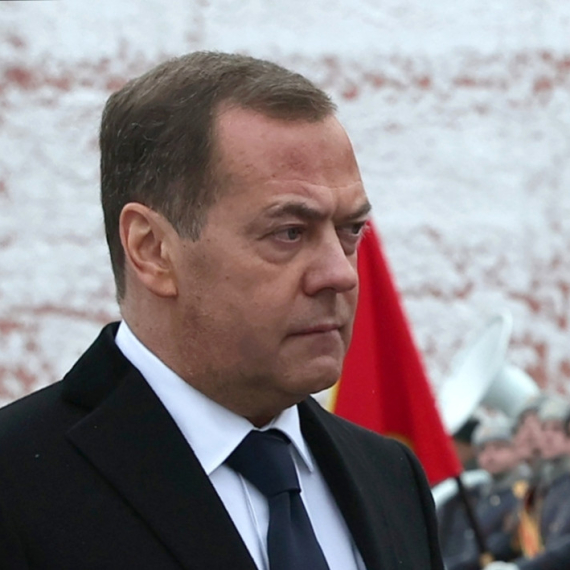
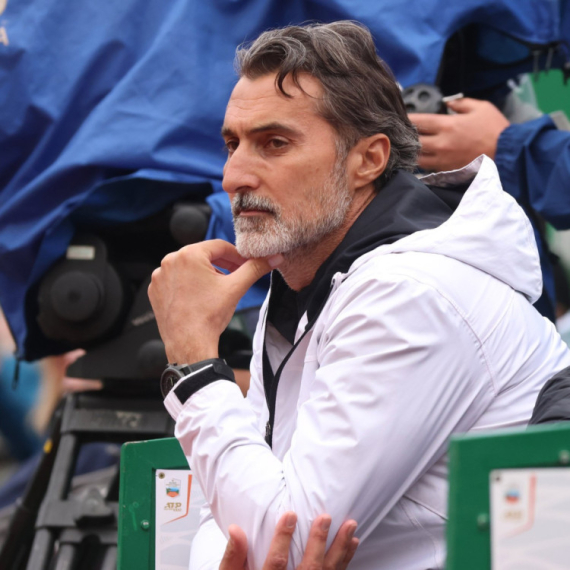
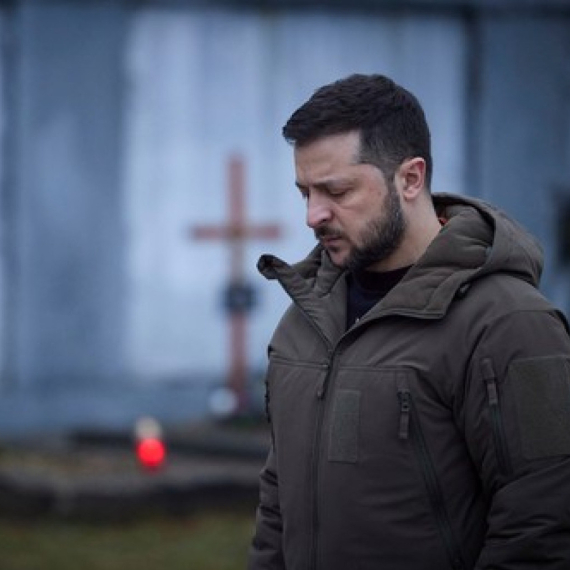







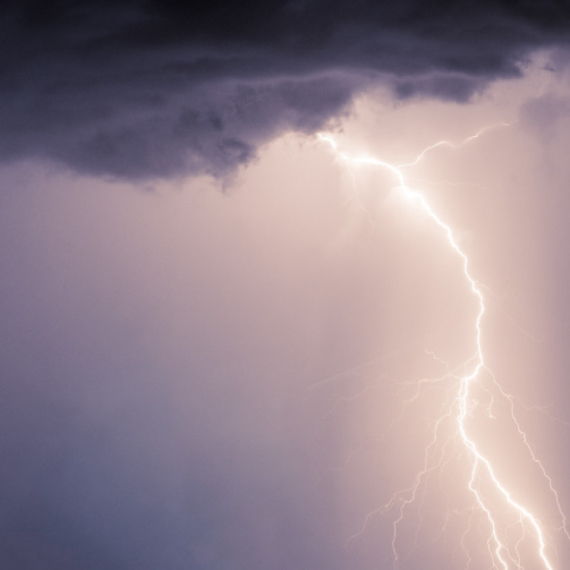













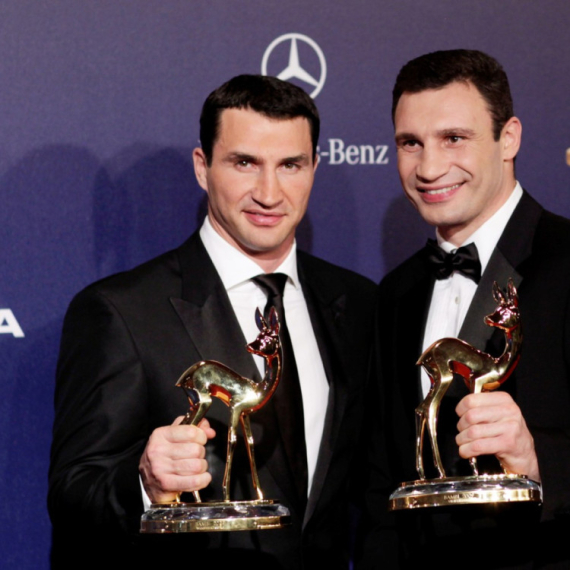

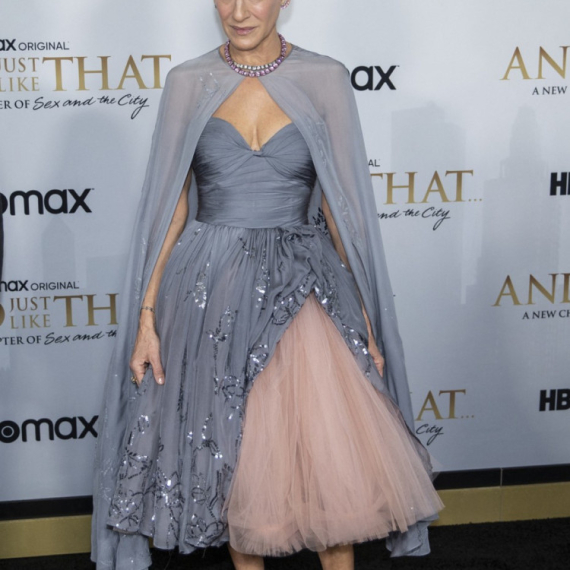








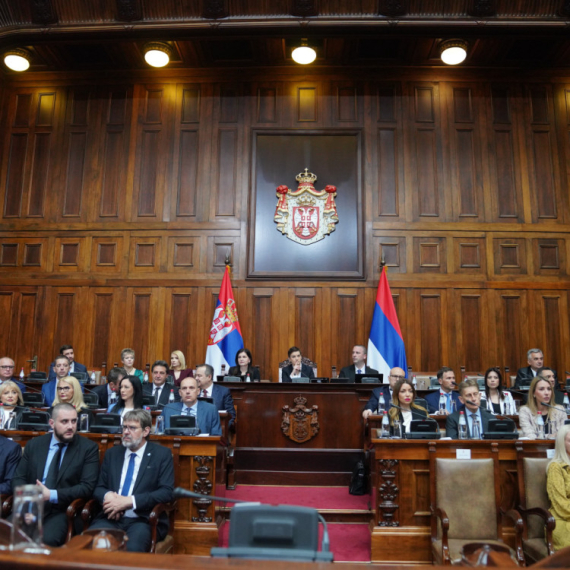

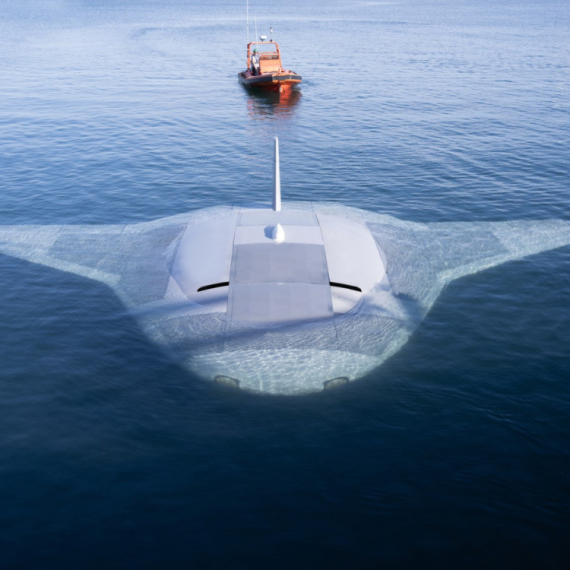
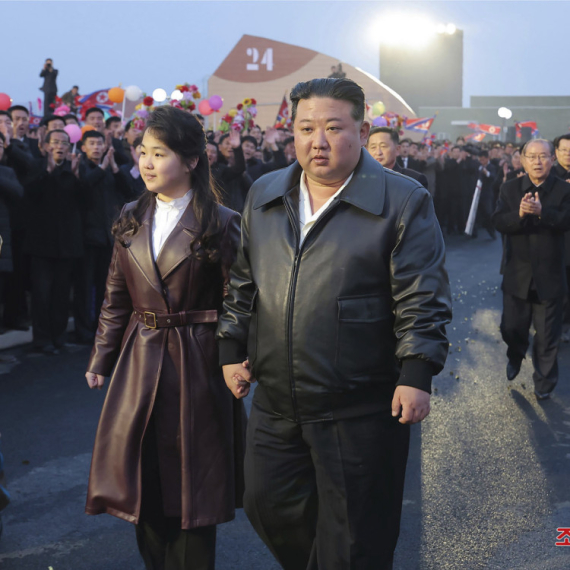




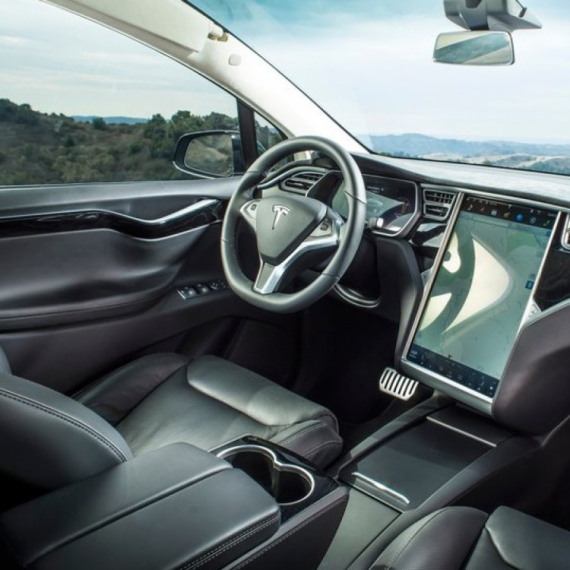



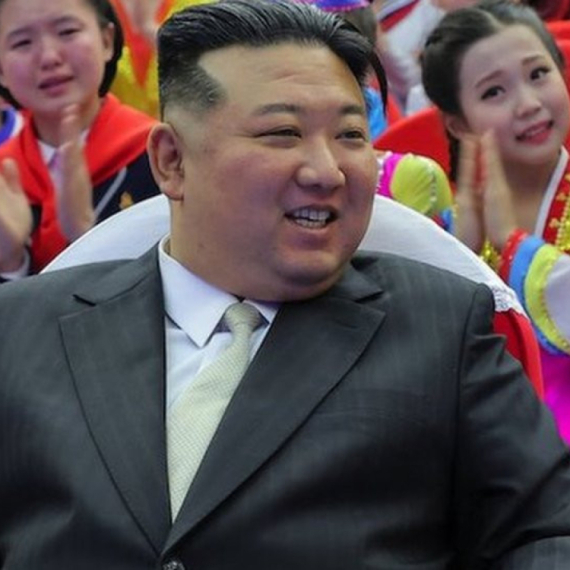
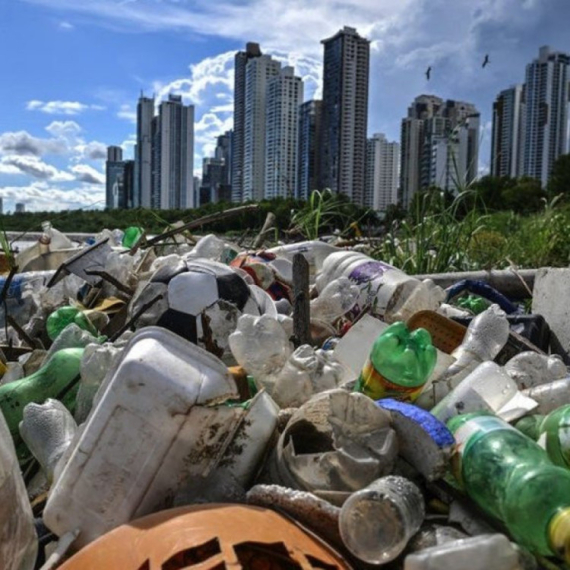
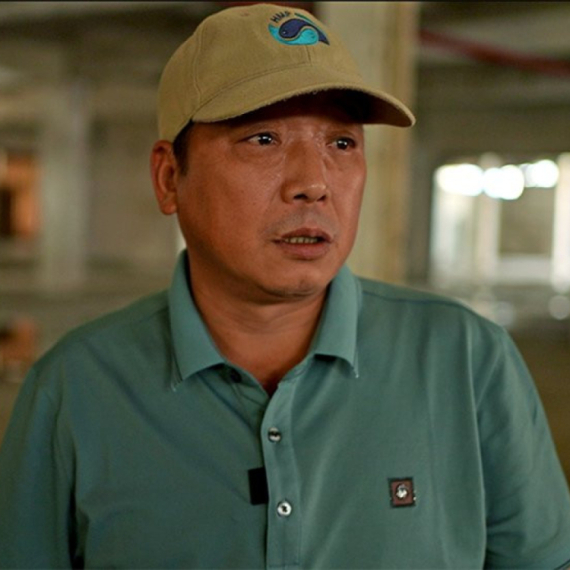



Komentari 0